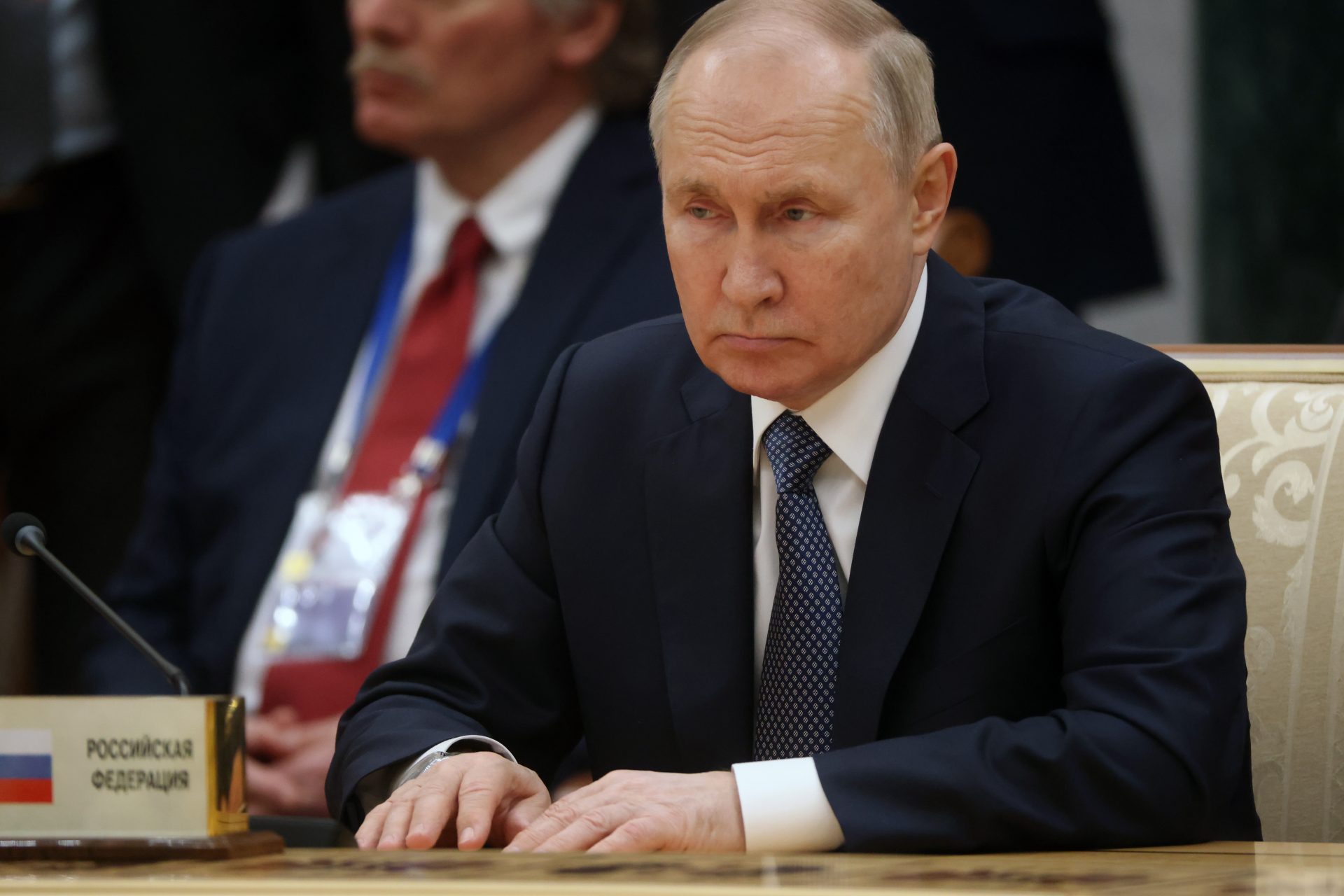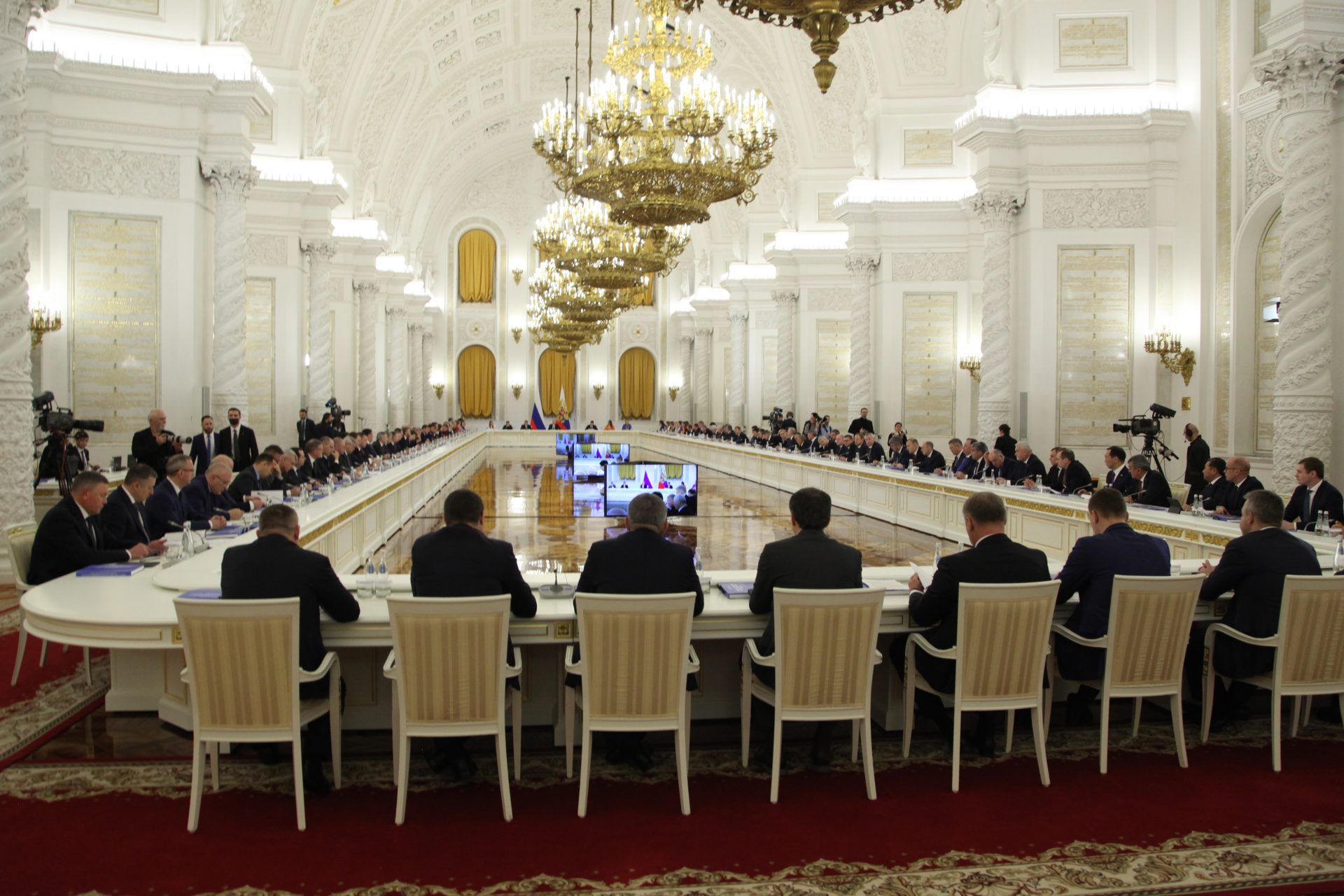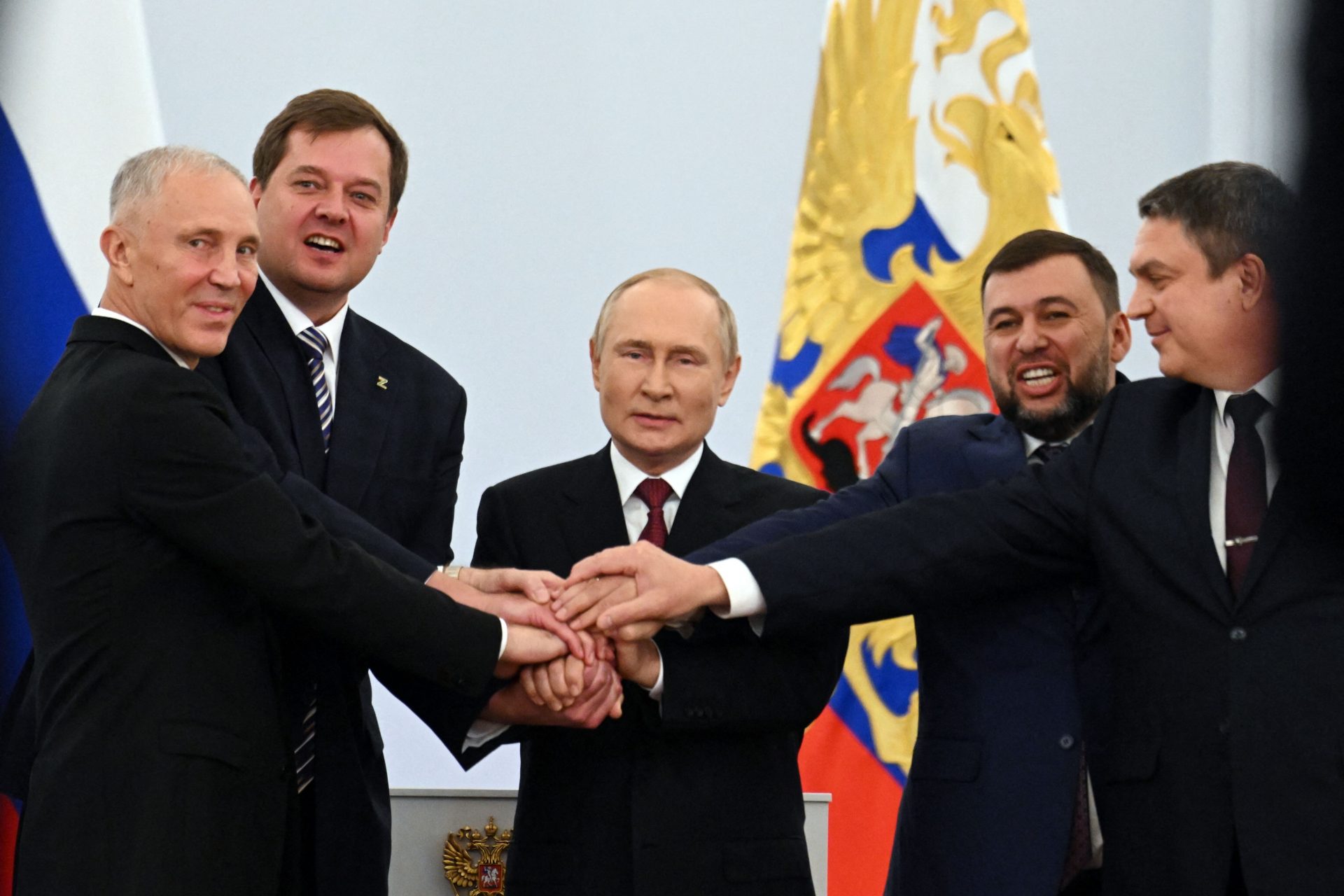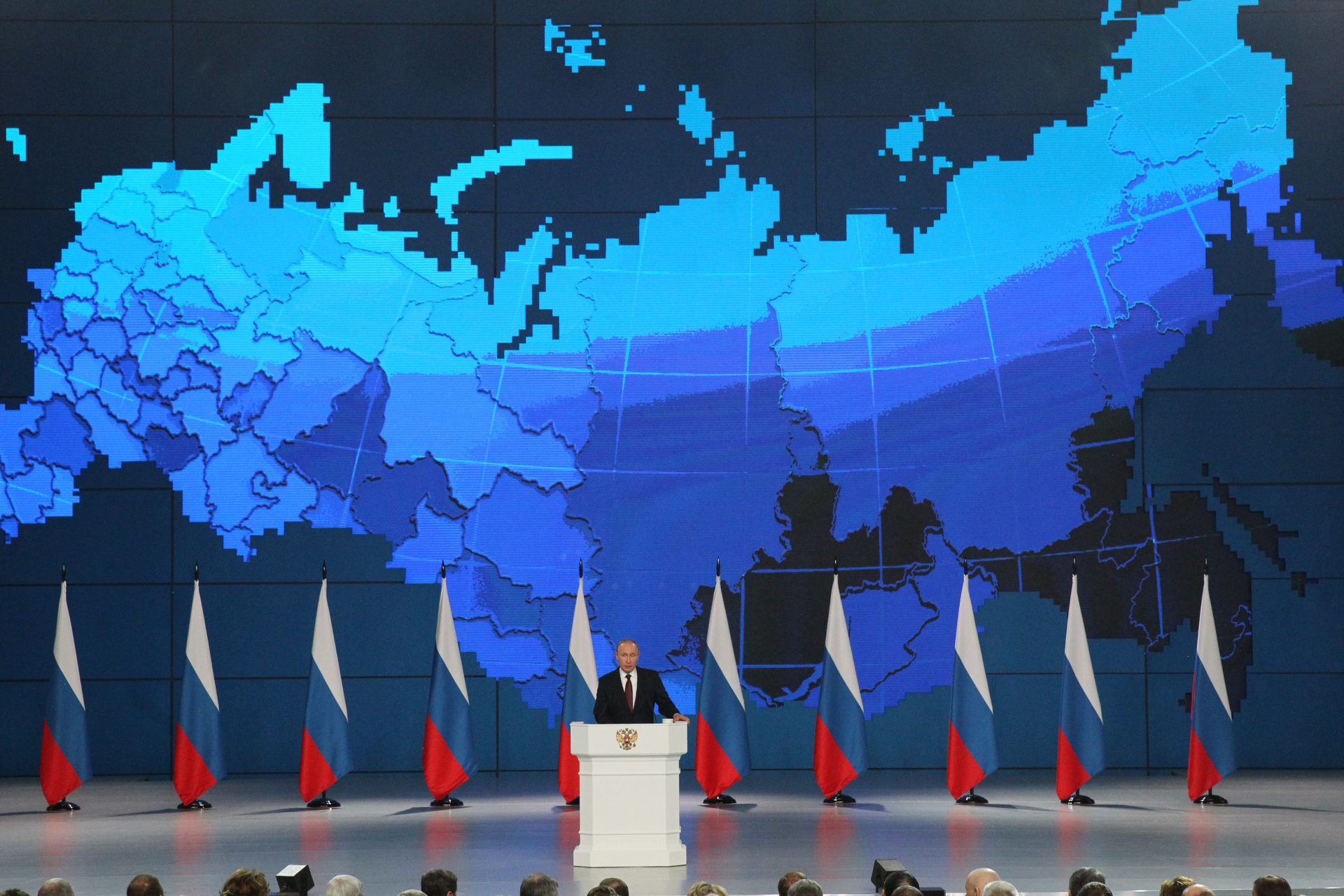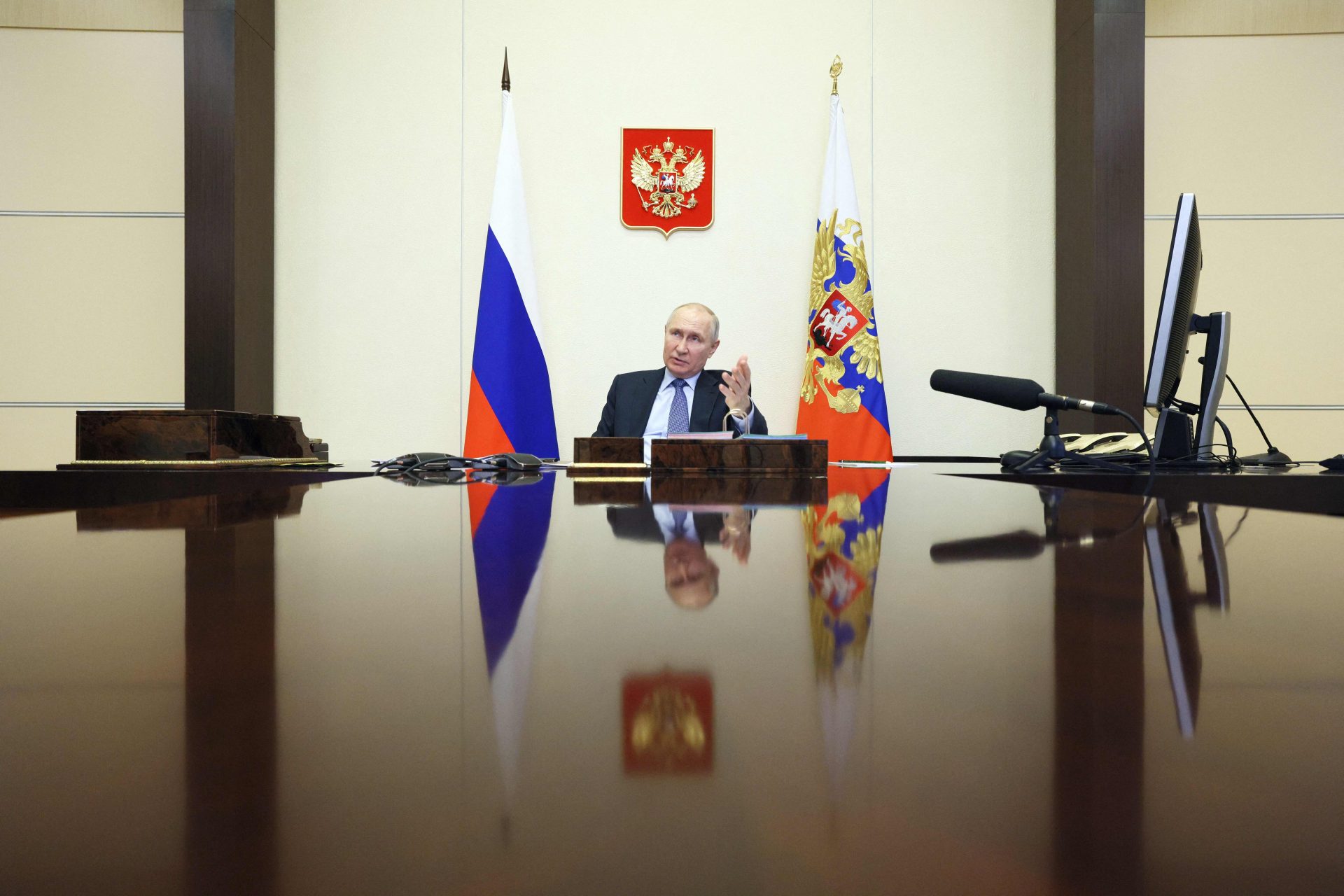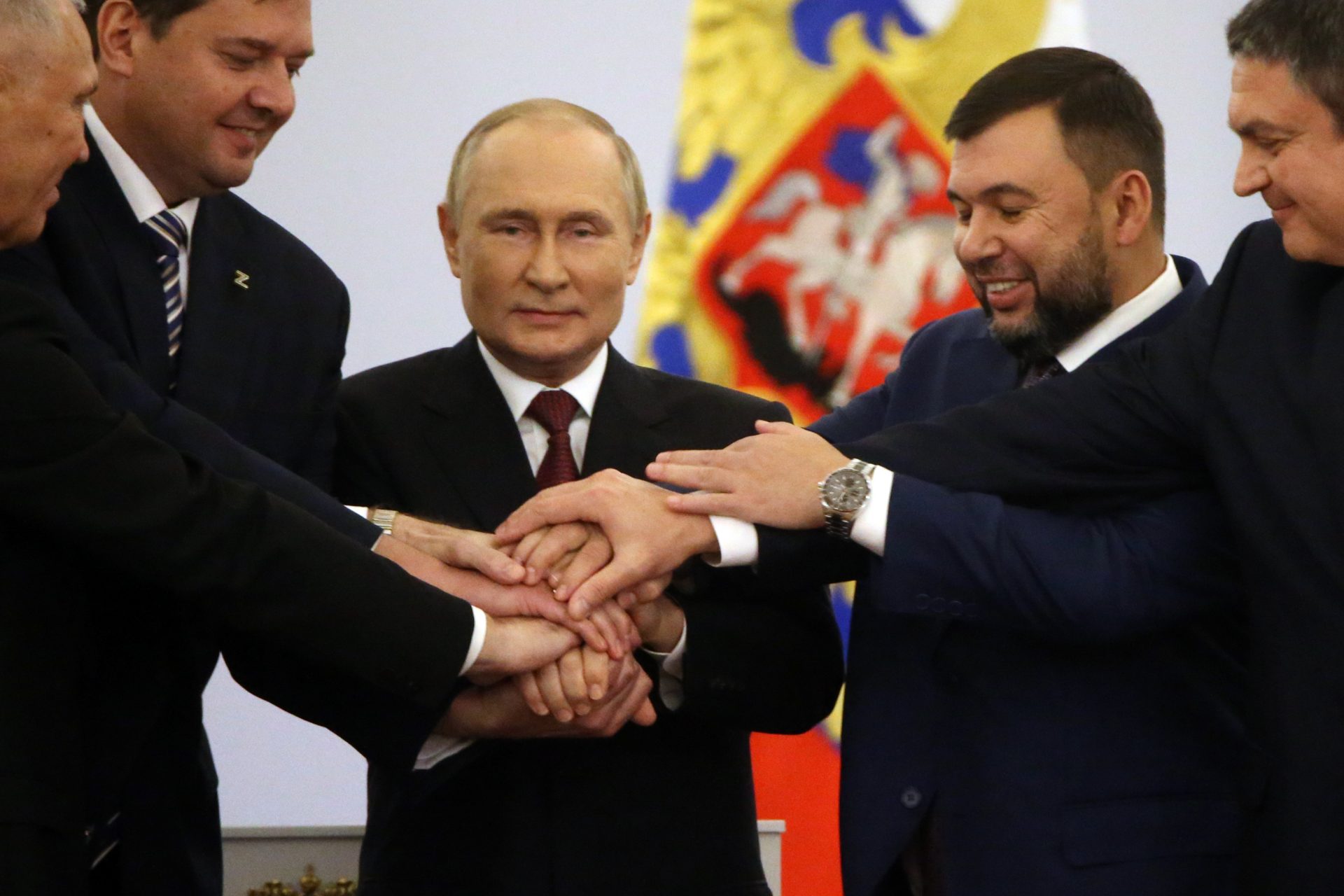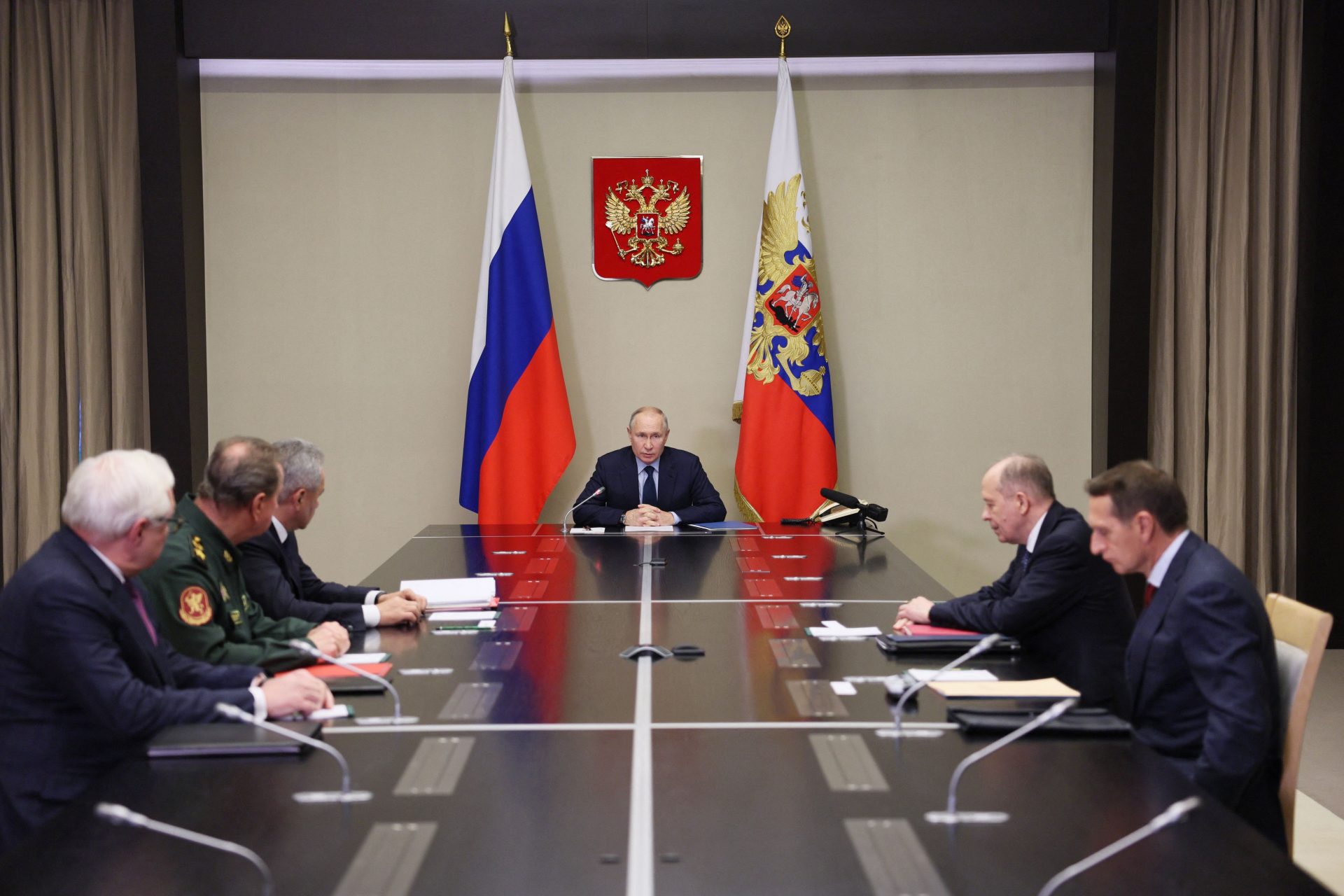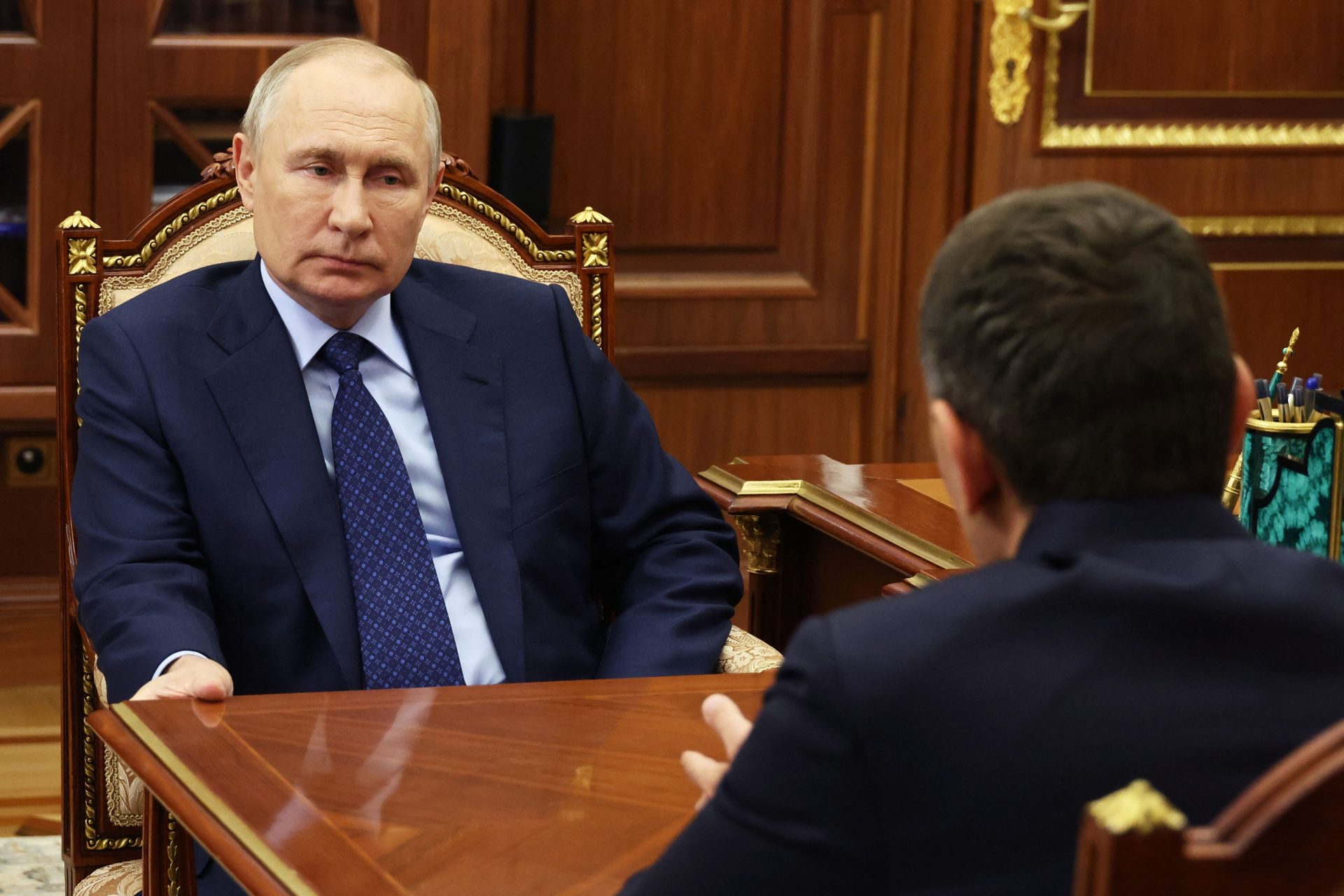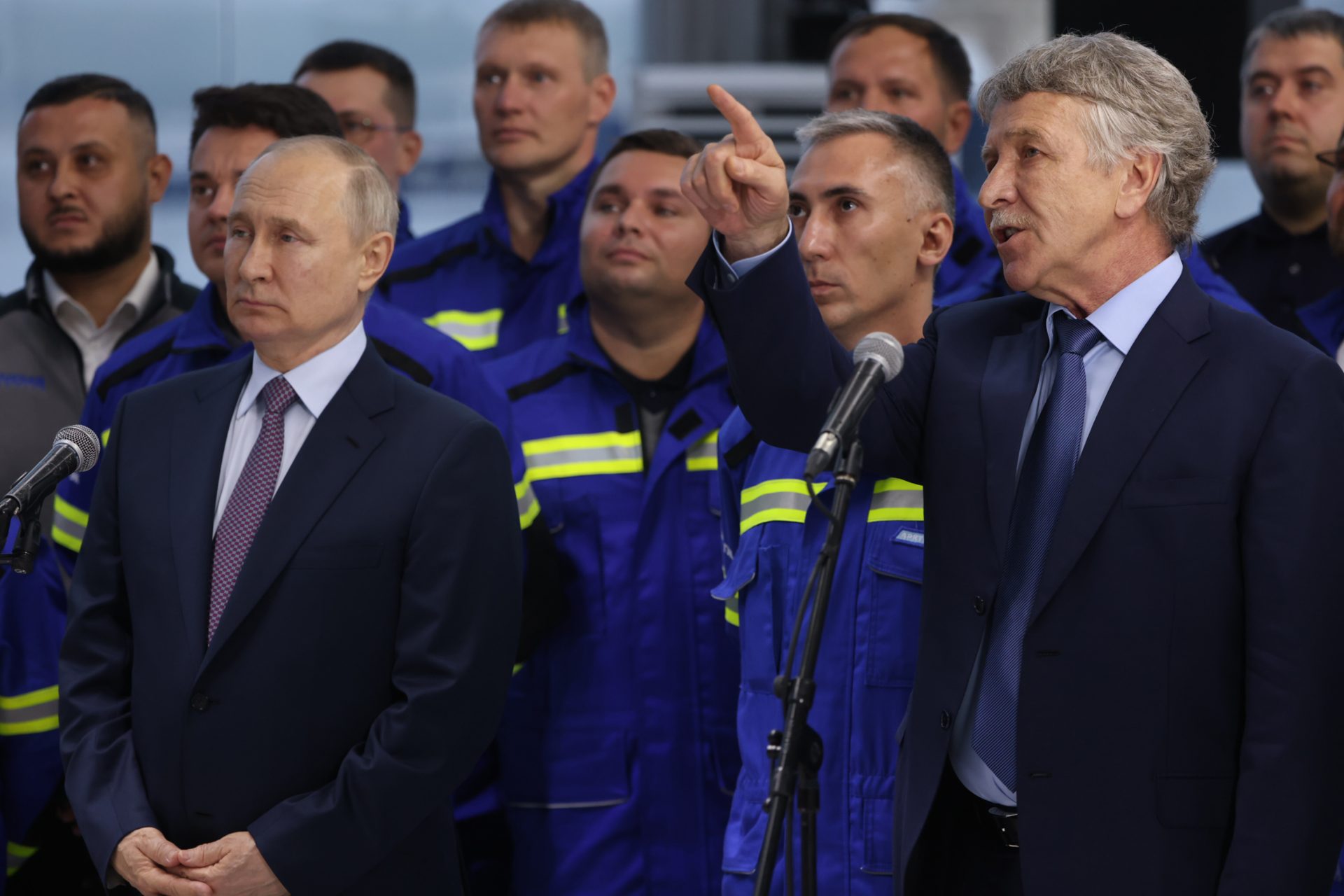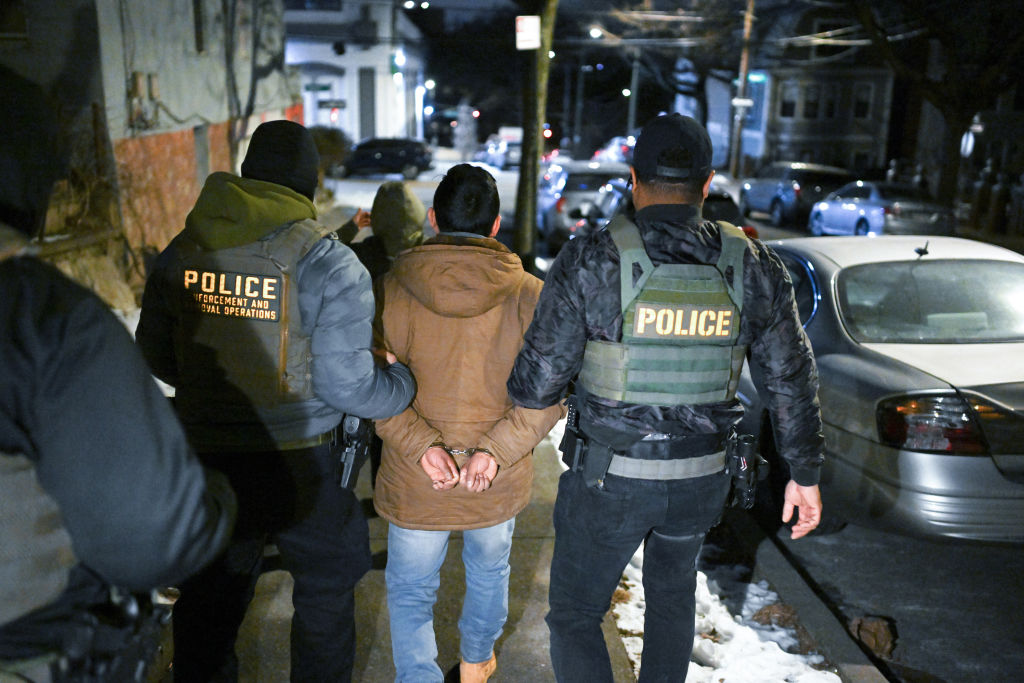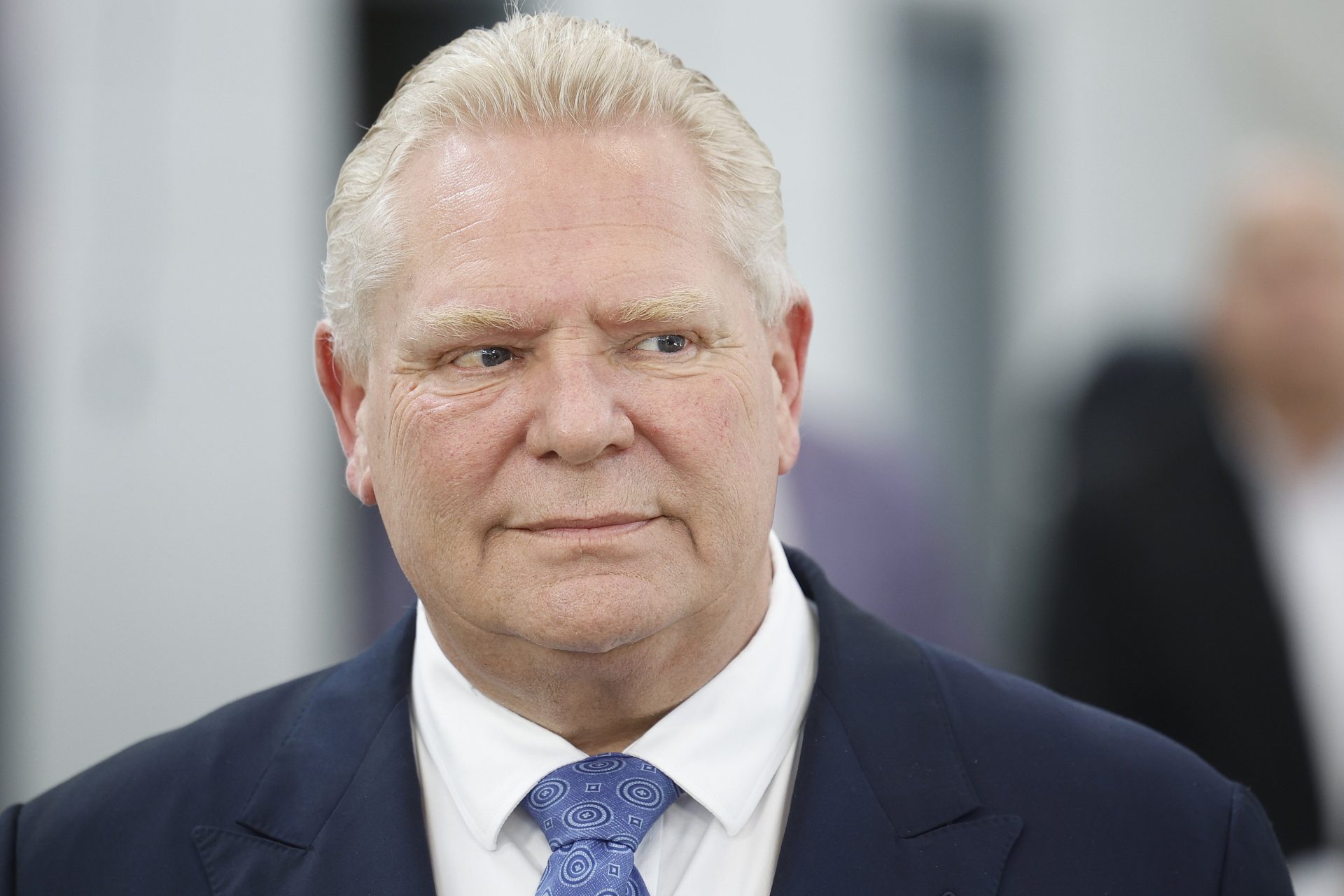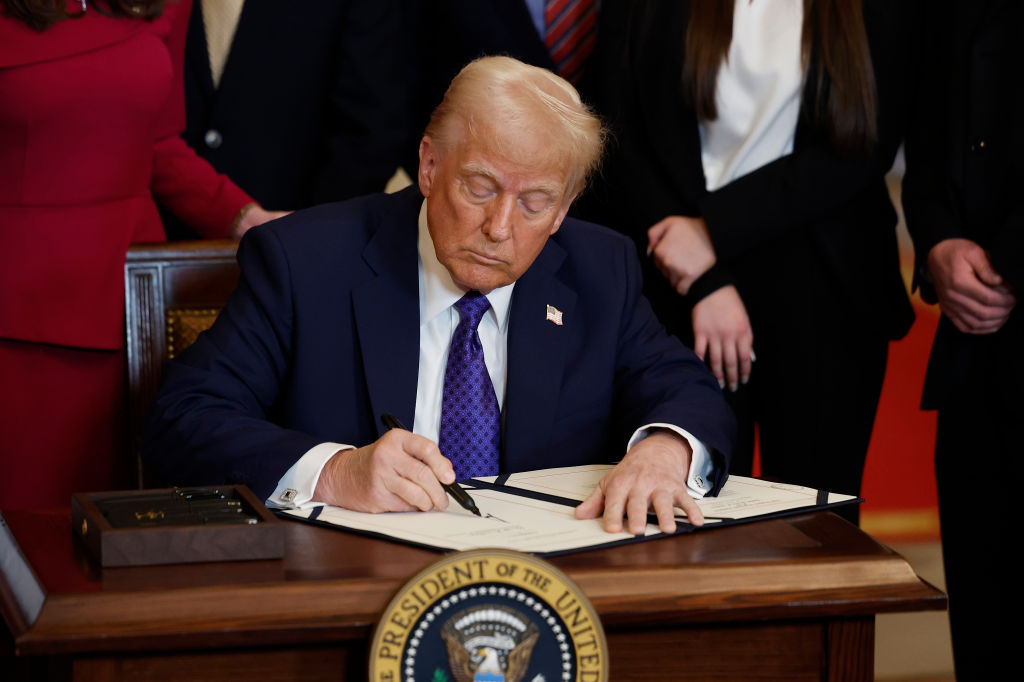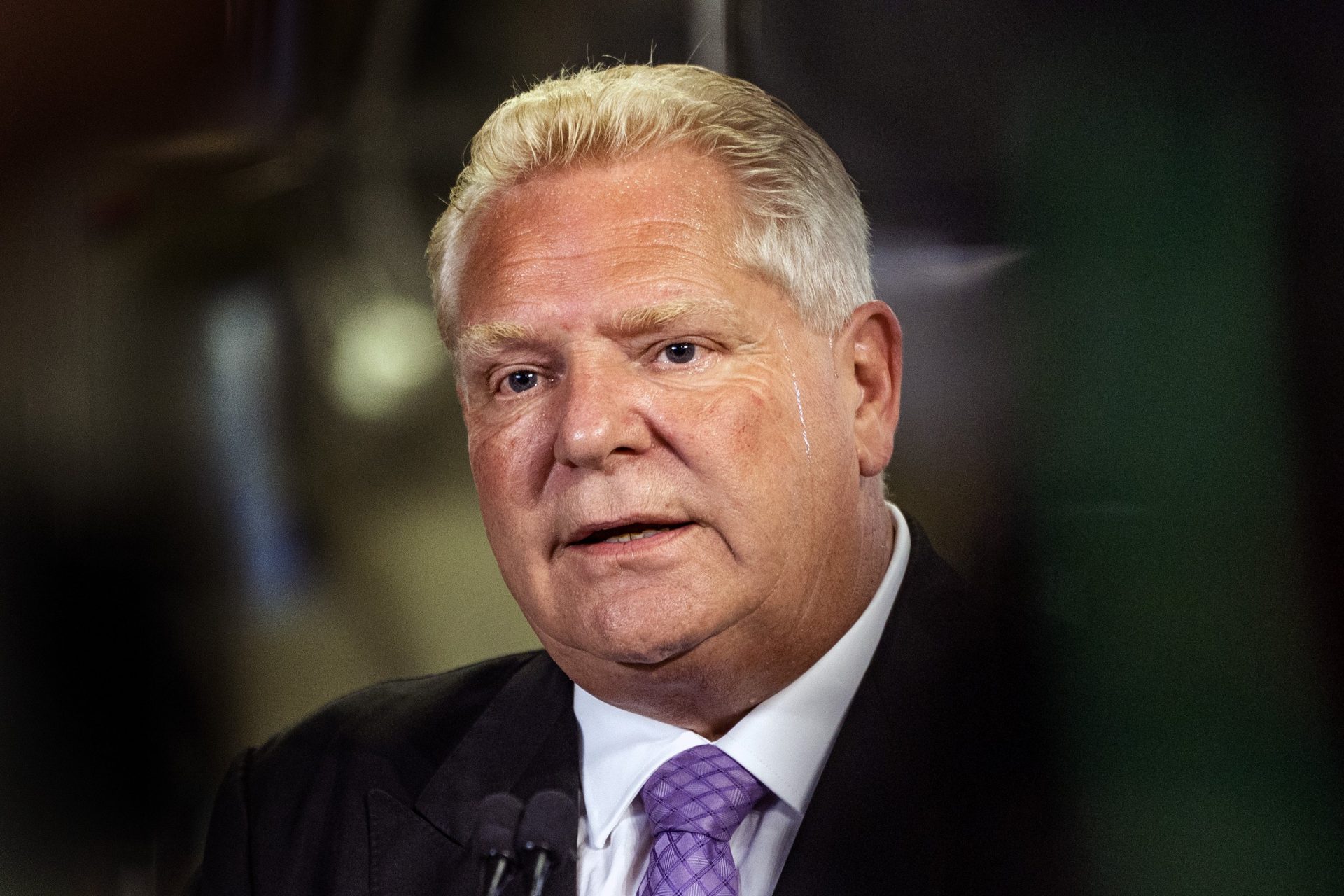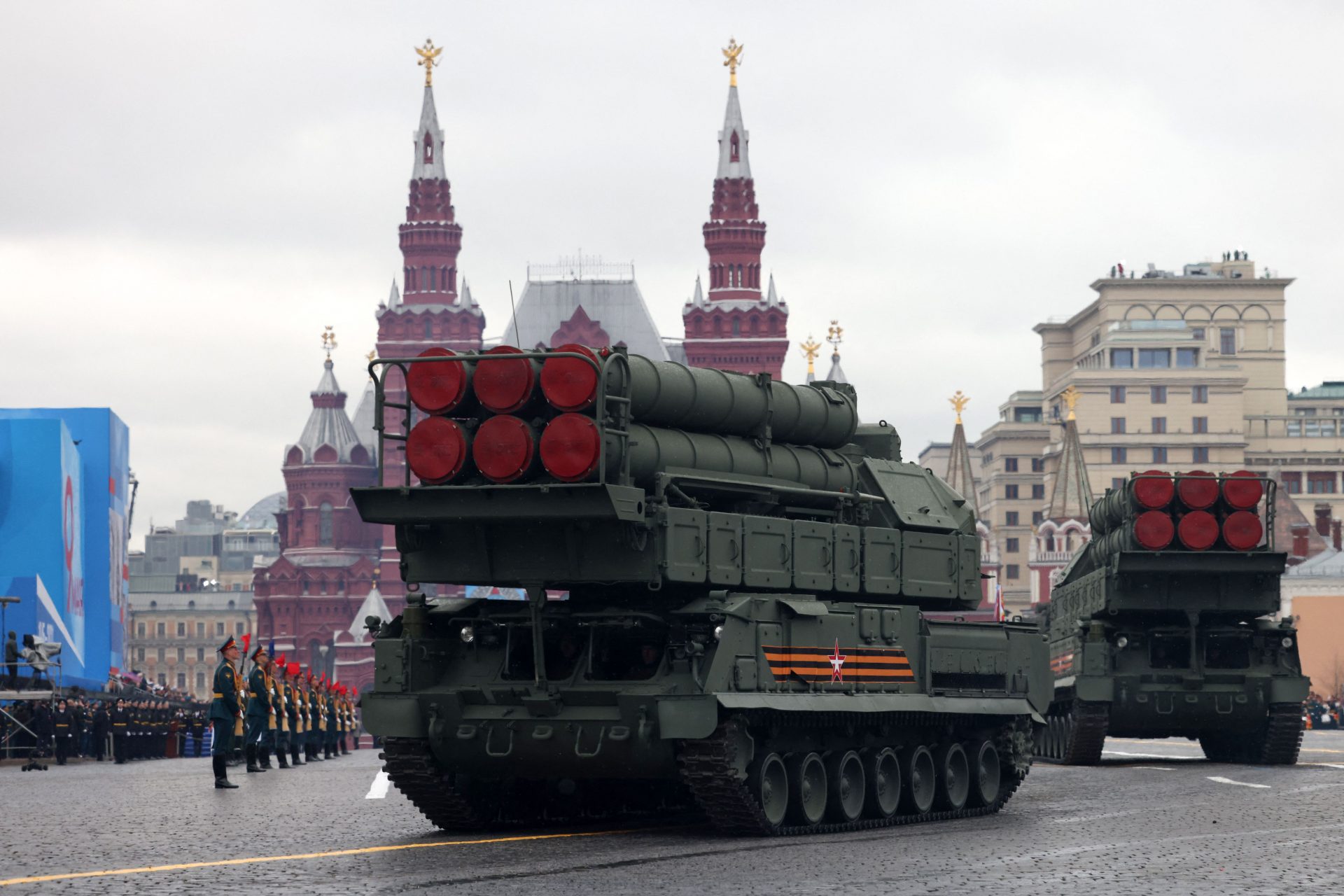Putin could be on a collision course with one of his closest allies
Russian President Vladimir Putin could be on a collision course with one of his closest political allies after reporting inside the country revealed that Moscow is planning to shift the burden of the country’s financial woes onto a select few in the federation.
The Kremlin has been weaving a delicate financial web as it sought to find new ways to cover the costs of the ongoing invasion of Ukraine, and the latest scheme from political leaders in Moscow delegate the country’s looming budget burdens to others.
On November 27th, the Russian outlet Kommersant reported that the country’s Ministry of Finance was planning to assign the responsibility for a portion of the country’s budget to four republics within Russia and the four Ukrainian-occupied territories.
The entire situation is rather complicated but it all boils down to a simple concept: there are regions inside of the Russian Federation currently receiving subsidies from Moscow and if they want to keep receiving them they’ll need to agree to new terms.
Leaders in four Russian republics and administration officials in Russia’s four occupied territories will soon reportedly be asked to agree to new obligations from the Kremlin in order to receive their subsidies. These obligations are meant to cut their budget deficits.
Not unlike some regions in Canada, the European Union, or the United States, there are republics in Russia that are not as financially productive as other republics or areas and are given subsidies to help offset their costs to operate according to Kommersant.
However, the Russian Ministry of Finance is hoping to offload some of the budget deficit the country is facing in 2024 by obligating leaders in four republics and administrators in the four occupation zones to decrease their operating costs.
The additional obligations from the Russian government will ask the republics as well as the occupation leaders to sign promises agreeing to four measures designed to balance the budget for each of the administration regions.
These obligations include asking the leadership of the republics and occupation zones to refuse expansions of state employees and to not increase state salaries beyond the level of inflation according to the Kommersant’s reporting.
Moreover, the four republics and four occupation zones must agree to the targeted spending of the federal funds, agree to increase the efficiency of their budget institutions, promise to increase revenue collection and agree to the government's 2025 draft budget.
Governors of the republics and administrators of the four occupation zones must agree to accept the obligations being imposed by the Russian Finance Ministry by no later than December 18th in order to receive their subsidies from Moscow.
The Institute for the Study of War analyzed the reporting from Kommersant and noted that the measures appeared to “amount to an austerity package as increases to state revenue collection will likely require tax hikes.”
The Washington-based think tank explained that the provision of “targeted spending for social programs may portend cuts to existing regional and occupation programs.” But why should all of this budgetary wrangling matter to you?
The details of the reported budgetary obligations from the Russian Ministry of Finance are not nearly as interesting as the four republics that ministry officials targeted, which included Dagestan, Ingushetia, Tuva, and Chechnya
That last republic is a particularly important one to note since Chechnya is headed by one of Putin’s most important allies inside of Russia, Ramzan Kadyrov. However, he’s previously noted Chechnya couldn’t survive without Moscow’s subsidies.
Newsweek reported that in January 2022, Kadyrov explained that Chechnya received subsidies from Moscow that totaled roughly $3.4 billion a year and that without them his republic wouldn’t be able to last a month.
How the Russian Ministry of Finance’s new subsidy obligations will affect Chechnya has yet to be seen. But they could put Ramzan Kadyrov on a collision course with Putin and his regime if the two parties cannot come to an agreement.
More for you
Top Stories



